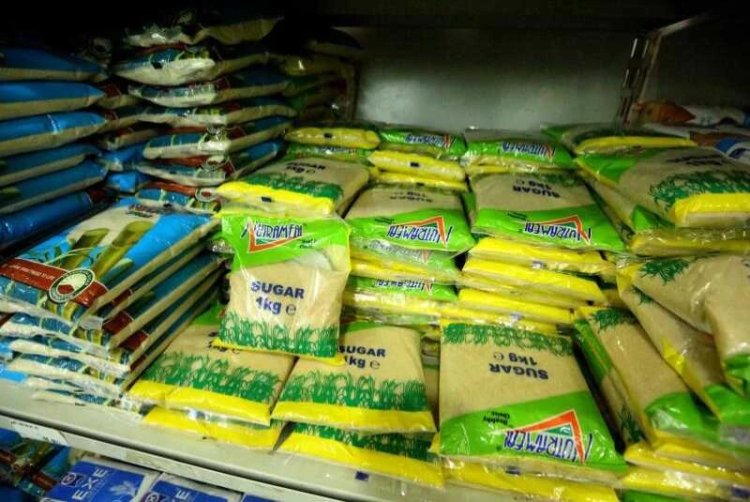KEBS Boss Cornered Over Not Testing Goods Sold In Supermarkets
According to the KEBS boss, the agency was relying on the element of trust as some of the manufacturers are certified.

The Kenya Bureau of Standards (KEBS) on Thursday, August 10 found itself in uncharted waters following revelations by acting Managing Director (MD) Esther Ngari that they do not test products to ascertain quality.
Ngari faced a consumer lobby group during an interrogation by the National Assembly Public Accounts Committee which put her on the spot regarding the revelations that a section of products locally manufactured and sold through supermarkets do not go through testing.
According to the KEBS boss, the agency was relying on the element of trust as some of the manufacturers are certified.
All products sold in Kenya must bear a standardisation mark or stamp from the agency, with Ngari's revelations raising concerns regarding the safety and quality of products sold in Kenya, a responsibility allocated to the agency.

An image of KEBS offices. /CAPITAL GROUP
Questions were also raised regarding how KEBS has been conducting tests on products that end up on supermarket shelves, with the MD further disclosing that KEBS only inspects manufacturers' premises and trusts that producers adhere to regulations.
"Kindly note that it is the responsibility of the person manufacturing a product covered by a Kenya standard to comply with the requirements," Ngari said.
"Issuance of the standardisation mark attests to an assessed capability to manufacture compliant products but does not transfer the responsibility for ensuring compliance of the specific products being manufactured in the assessed factory."
In a counter, the Executive Director of Kenya Consumers Organisation Francis Orago demanded that the MD retract the statement and explain herself to Kenyans.
“Manufacturers are businessmen and all they want to do is make a profit. If all KEBS does is inspection and works on trust to believe they give consumers quality, then they are very mistaken,” Orago noted.
The revelation by KEBS officials has led to an uproar among Kenyans, who also expressed worry regarding the quality of the products they purchase daily from supermarket shelves and shops, with consumers being at the mercy of manufacturers who might fail to meet standards in their move to cut costs.
Orago also believed that the only way to ensure that corruption is stopped in government is to have the culprits responsible be brought to book.
"The committee should ensure they find out everything about the alleged corruption cases. That's the only way to ensure people are accountable and avoid such practices. If nothing is done, then nothing will change," the director asserted.
The revelation by KEBS officials is also a blow to the government's efforts to promote local manufacturing and protect consumers from substandard and counterfeit products, with President William Ruto leading calls by the Kenya Kwanza government to support the local economy and create jobs.
KEBS on Wednesday, May 17 found itself in hot soup following President Ruto's suspension of Bernard Njiraini as MD in the wake of an uproar caused by the release of a consignment of condemned sugar for public consumption.
Njiraini was among 27 state employees also drawn from the Kenya Revenue Authority (KRA), the Directorate of Criminal Investigation (DCI), and the National Police Service (NPS), among others who were accused of releasing condemned sugar unfit for consumption.
Investigations by the security agencies had highlighted brown sugar packed in 20,000, 50-kilogram bags which were imported into the country in June 2018 by Merako Investments Limited from Harare, Zimbabwe.
The sugar estimated to be worth Ksh163 million was processed by KEBS officials after it docked at the port of Mombasa but was condemned after being deemed non-compliant with Kenyan quality standards.
According to KEBS guidelines, goods that do not conform to local quality standards should not be permitted into the country and should be re-shipped, returned or destroyed at the expense of the importer.
After the sugar was flagged by KEBS, the commodities were taken to a warehouse in Makongeni, Thika where it was suspected that they were stored for the last four years.


 admin
admin 




